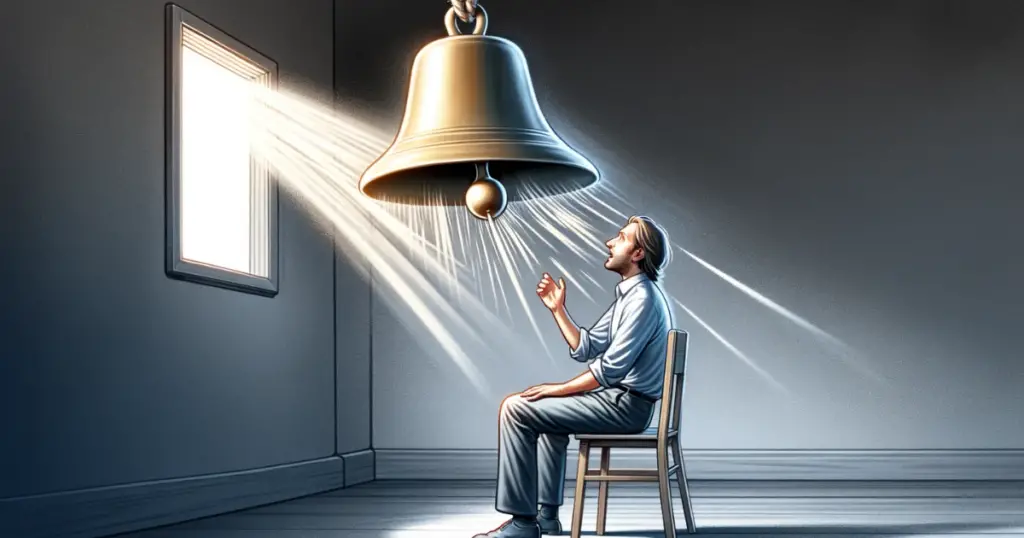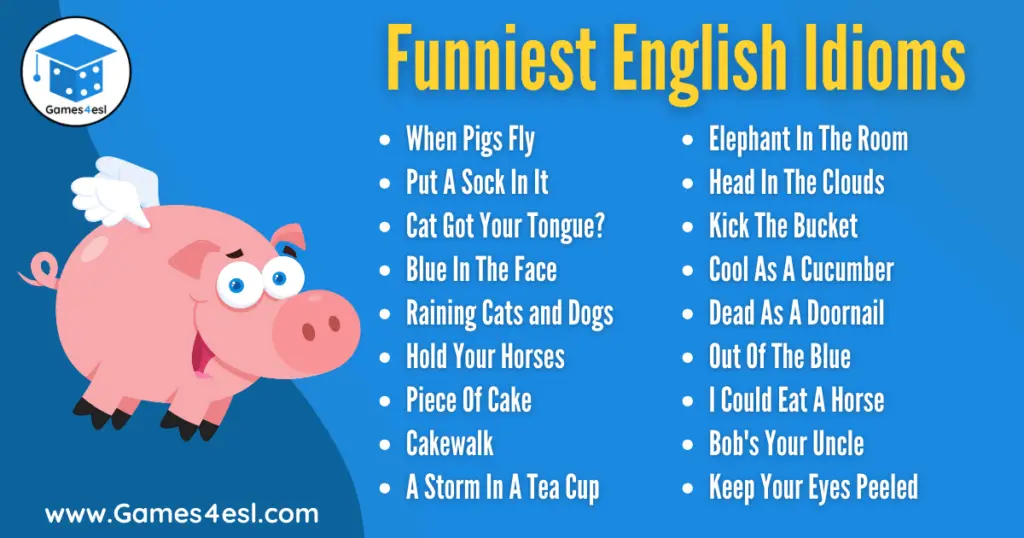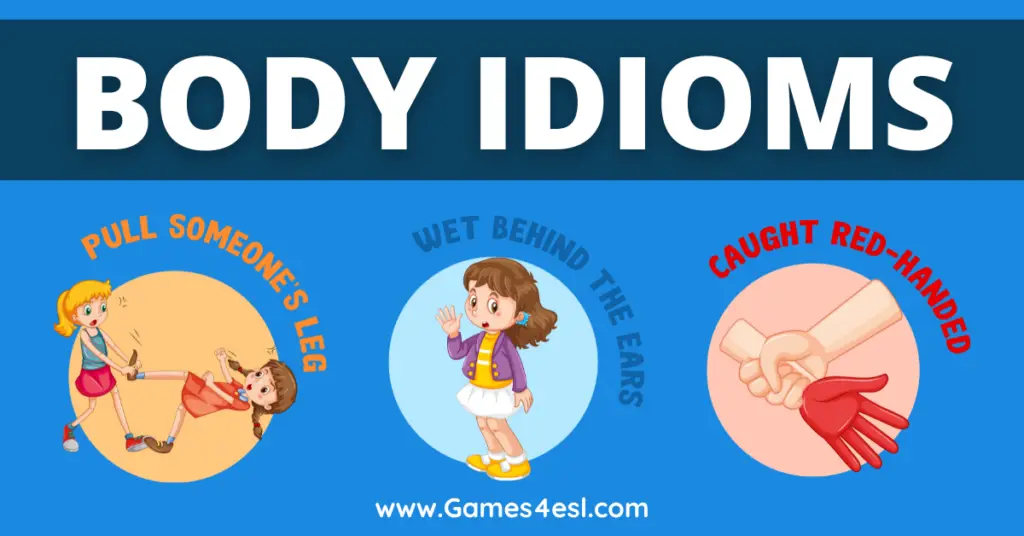I Asked AI To Create Pictures of English Idioms. Can You Guess What They Are?
English idioms are figurative sayings that often have meanings not directly associated with the actual words they contain. Take the idiom ‘elephant in the room,’ for example. This expression doesn’t mean there is an actual elephant in the room, but rather that there is a significant issue or problem obvious to everyone present but being ignored or avoided.
Given the figurative nature of these expressions, I wondered how well AI would be able to generate images of common English idioms. So, to satisfy this curiosity, I asked AI to create pictures of these idioms, and the results are quite impressive! Can you guess which English idioms these pictures are expressing?
English Idiom Picture 1

English Idiom Picture 2

English Idiom Picture 3

English Idiom Picture 4

English Idiom Picture 5

English Idiom Picture 6

English Idiom Picture 7

English Idiom Picture 8

English Idiom Picture 9

English Idiom Picture 10

English Idiom Picture 11

English Idiom Picture 12

English Idiom Picture 13

English Idiom Picture 14

English Idiom Picture 15

Related
As you can see, the pictures of English idioms generated by the AI were quite impressive! Each picture was more of a literal interpretation of the idiom, but that’s understandable because any image of the actual meaning of an idiom would probably be quite abstract. Anyway, I hope you enjoyed looking at these pictures of English idioms. Before you go, be sure to check out these related resources.




